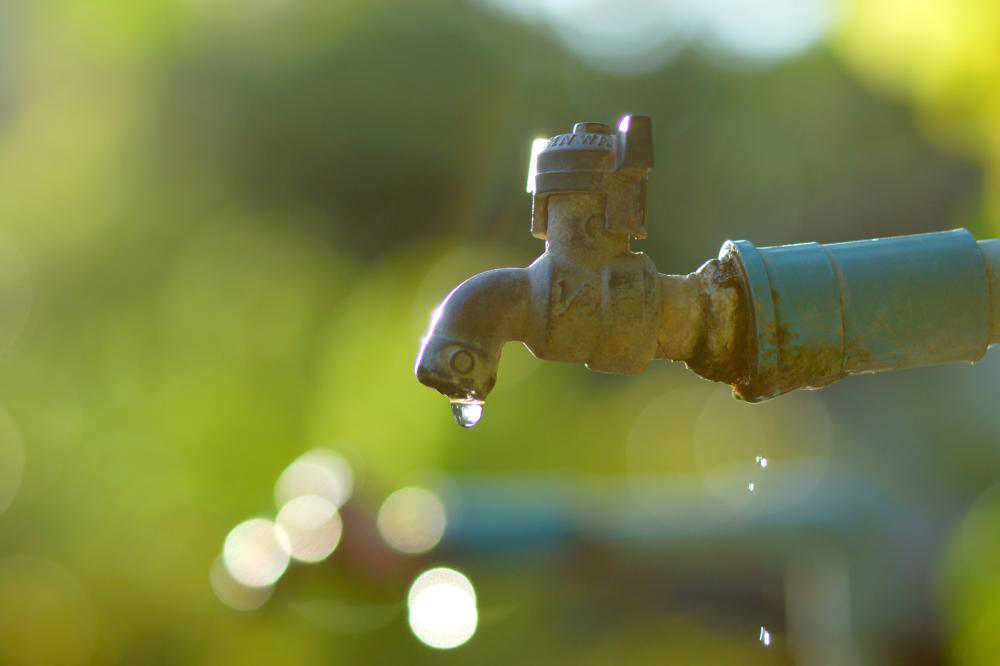How to Prevent Water Damage in Your Home
Water leaks and flooding can cause serious damage to your home and if left unchecked, result in thousands of dollars’ worth in repairs. Something as minor as a leak can create black molds, rot out studs and drywalls, and weaken the foundation. According to the Insurance Information Institute (III), annual water damages cost homeowners billions of dollars in repairs.
In this blog, we’ll share a couple of tips that will help you prevent water damages in your home.
Be Mindful of the Vegetation
A beautiful landscape filled with shrubs increases the curb appeal as well as the value of your home. Ensure that large shrubs or trees aren’t close to any utility pipes. If they are, remove them before they grow too big. That’s because certain plans have an invasive root system that seeks out water and can penetrate septic tanks, drainage pipes, and the sprinkler system.
Maintain a distance of at least 20-feet when planting new trees. It also helps to contact a plumber for inspection to prevent potential damages.
Inspect the Gutters
Downspouts and gutters represent the exterior portion of your plumbing system and help divert wastewater away from the house into the gutters. As such, their maintenance is crucial for keeping water away from the foundation. Clogging can cause water to spill out from the gutters, erode the nearby soil, and cause structural damages.
It’s good practice to clean out your gutters at least once a year. This helps identify potential damages and increases the longevity of your sewerage system.
Reinforce the Chimneys
Openings in the home’s outer wall increase the risk of water damages. The chimney is a large opening that usually lacks the same sealing properties as doors or windows. Rainwater can seep through an uncapped chimney or the flashing and cause major damages to the falls, floors, and attic.
To prevent this from happening, install a chimney cap and ensure that it’s properly attached. If your house has crossed the 15-20 year mark, call in a technician to inspect the metal flashing.
Repair the Water Heater
Like your sewer pipes, the water heater should also be inspected at least once a year. Look out for water pooling, slow leaks, corrosion, and rust. If any of these issues are identified, contact qualified plumbers immediately. Old water heaters should be replaced by new tankless water heaters that are more reliable and save energy costs, as stated by the U.S Department of Energy.

Preventing water damage in your home requires taking a proactive approach. If any of your plumbing equipment is damaged, broken, or requires repair, get in touch with Pro Serve Plumbing. They provide plumbing repair services in Fort Worth, Texas including kitchen plumbing and tankless water heater repair. Contact us today for more information.

